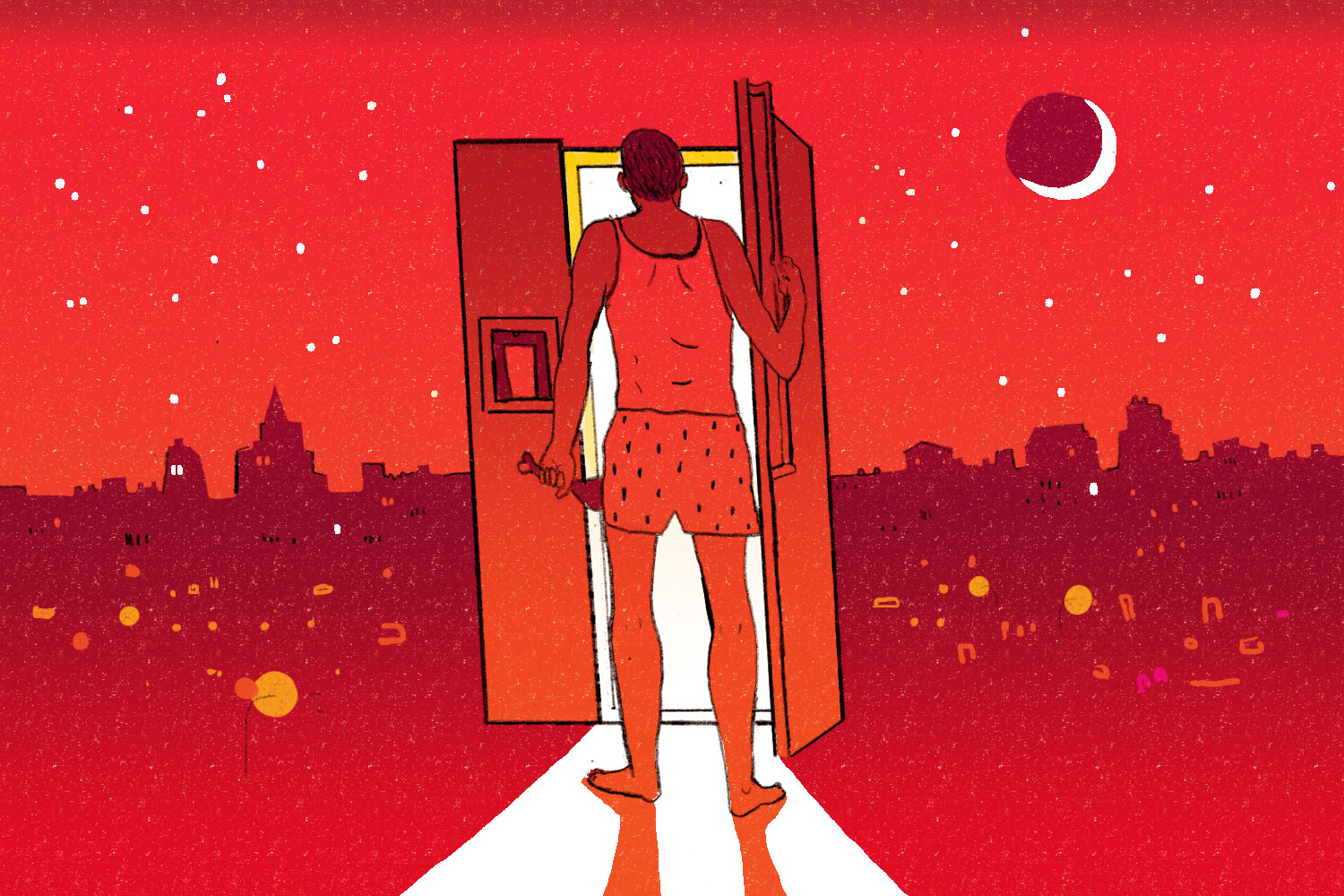
Especially if you tend to eat dinner a few hours before bedtime or you’re very active (or both), snacking before bed will help stabilize your blood sugar levels during the long, meal-less night, explains Stephanie Maxson, senior clinical dietician at the University of Texas’s MD Anderson Cancer Center.
Why should you care about blood sugar? As most diabetics know, blood sugar and its attendant hormones can supercharge or deflate your appetite and energy levels, as well as mess with your body’s efforts to store or burn fat. “Having low blood sugar in the morning will cause a person to feel sluggish and make it more difficult to get out of bed,” Maxson explains, adding that low blood sugar could also wake you up or otherwise disrupt your sleep in the middle of the night.
Ideally, you want to encourage stable blood sugar levels for optimal health, which will be tough to do if you’re going 10 or 12 or 14 hours without eating, Maxson says. (This is one reason she and many other nutrition experts underscore the importance of eating breakfast.)
“It’s such a big myth that you don’t need any energy for sleep,” adds Cassie Bjork, a registered dietician and founder of HealthySimpleLife.com. Not only can the right bedtime snack provide the fuel your body needs to burn calories while you sleep, but a little grub also calms the release of hunger hormones that tell your body to store fat, Bjork explains.
That said, a pint of ice cream isn’t going to do you any favors. Instead, you should be reaching for complex carbohydrates like whole wheat bread, non-starchy vegetables, popcorn, and fruit, Maxson says. These foods break down slowly, and so help stave off the blood sugar spikes or crashes that could mess with your sleep or appetite, she explains. For athletes, adding a protein like turkey or chicken to a bedtime snack can help with muscle repair during the night while also providing a hit of an essential amino acid called tryptophan, which is beneficial for sleep, Maxson says.
And don’t shy away from a little fat, which can further slow the absorption of carbohydrates into your system, Bjork says. Some avocado or peanut butter—or a splash of melted butter on your popcorn—can help if you frequently wake up hungry or tired.
You Asked: Your Top 10 Health Questions Answered










Just be sure to avoid things like chips, cookies, cereal, or pretty much any traditional dessert food, advises Dr. Joan Sabaté, a professor of public health and nutrition at Loma Linda University. Because fiber and other digestion-slowing nutrients are typically stripped away from these foods during their preparation, your body absorbs them quickly and they tend to cause quick spikes in your blood sugar, which can make it tough for your to sleep, Sabaté explains.
Anything featuring caffeine—yes, that includes chocolate—is also a bad idea at bedtime, Maxson says.
More Must-Reads from TIME
- L.A. Fires Show Reality of 1.5°C of Warming
- Home Losses From L.A. Fires Hasten ‘An Uninsurable Future’
- The Women Refusing to Participate in Trump’s Economy
- Bad Bunny On Heartbreak and New Album
- How to Dress Warmly for Cold Weather
- We’re Lucky to Have Been Alive in the Age of David Lynch
- The Motivational Trick That Makes You Exercise Harder
- Column: No One Won The War in Gaza
Contact us at letters@time.com